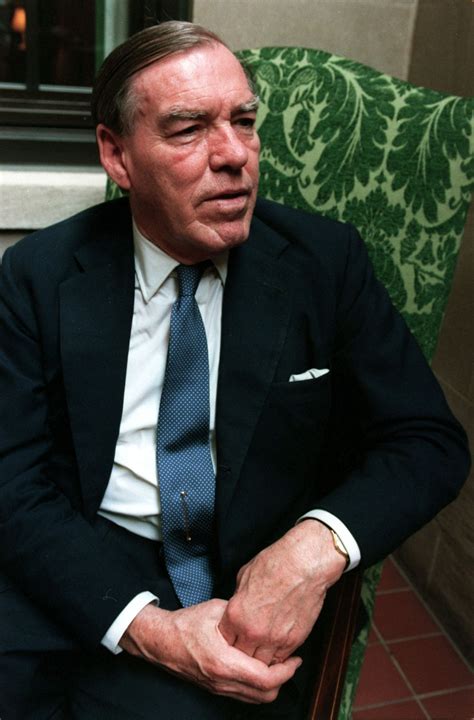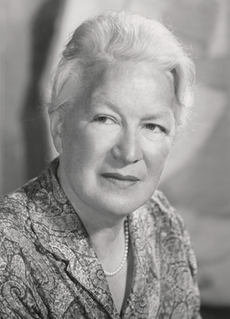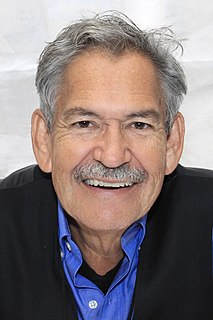A Quote by John Keegan
The historian ought to be an educated person, writing for other educated people about something which they don't know about, but wish to know about in a way that they can understand.
Related Quotes
Young people have been ill-educated, mis-educated, propagandized. I see it in everything I read written by young people. You can spot it a mile away, their ignorance. And it's coupled with they think they're the only people that know. They're arrogant. They're a little bit smarmy about what they think they know and nobody else does, which is a characteristic of young people anyway. I was that way when I was young.
It's certainly easy for me to make a fictional character mad about something. I can get them angry about something that I'm relatively indifferent about, just because I'm not educated on it, if I go to someone who is educated about it and is passionate about it. I find a point of fiction and then give it to them.
You'll also hear about the widening gap in the educated and the uneducated. The liberals will all say, "We must do something about it" and some in our population swoon, "Oh, yes, it's so unfair, and so unfortunate, and we've gotta do something about the inequality." So the Democrats then have their reason to do something about it, and the way they go about it is not trying to make people equal at all. The way they go about it is not even rooted in changing inequality, at the end of the day. The way they go about it is destructive for everybody.
So we want to make it easier to shop and understand products because many people aren't educated about what's offered - do you know your premiums? Do you know your copays? Do you know your deductibles? And so figuring out ways that we help people understand what this is, how it works, and that they can shop to get what they need.
First I went to a Jewish school, when I was very little. But when I was 12, they put me in a school with a lot of traditions, and they were educated people and they were talking about Greece and the Parthenon and I don't know what. All the kids, all the girls they had already seen that and knew that from their family, and I would say, "What are you talking about, what's that?" It's not my world. My grandparents were very well-educated people, but in the Jewish tradition. They knew everything about the Bible.
On a spectrum of literary productions, memoir is just another form. If the person doing the reviewing or critiquing was ill-educated about literary forms, they could write something dunderheaded about the author or their life (I've seen these and barfed at them), but anyone who is well-practiced and educated in literature - why would they leave that at the door when entering memoir?
If you accept learning as a dominant determination of your behavior, then all of a sudden you're open to the idea that, for instance, there are other people who are more educated than you about the environment, who you will learn from. It's kind of like you don't even have to believe that you know anything about the environment, but you do have to understand that your behavior has been determined by learning in the past.
Since we cannot be universal and know all that is to be known of everything, we ought to know a little about everything. For it is far better to know something about everything than to know all about one thing. This universality is the best. If we can have both, still better; but if we must choose, we ought to choose the former.
I'm an ex-Catholic priest. I have such a complex relationship to Catholicism. On the one hand, if I called myself a Catholic it would have to be a very unorthodox one, as I just don't believe all of the teachings of the Church. But on the other hand, I'm an educated man because the Catholic Church educated me. It gave me something that is really important to me. So I always think about my faith. I always have it, and sometimes I can't talk about it, and sometimes I can. I am like an adolescent in that way. Teens are asking questions: who is God and what does it mean to have faith?






































